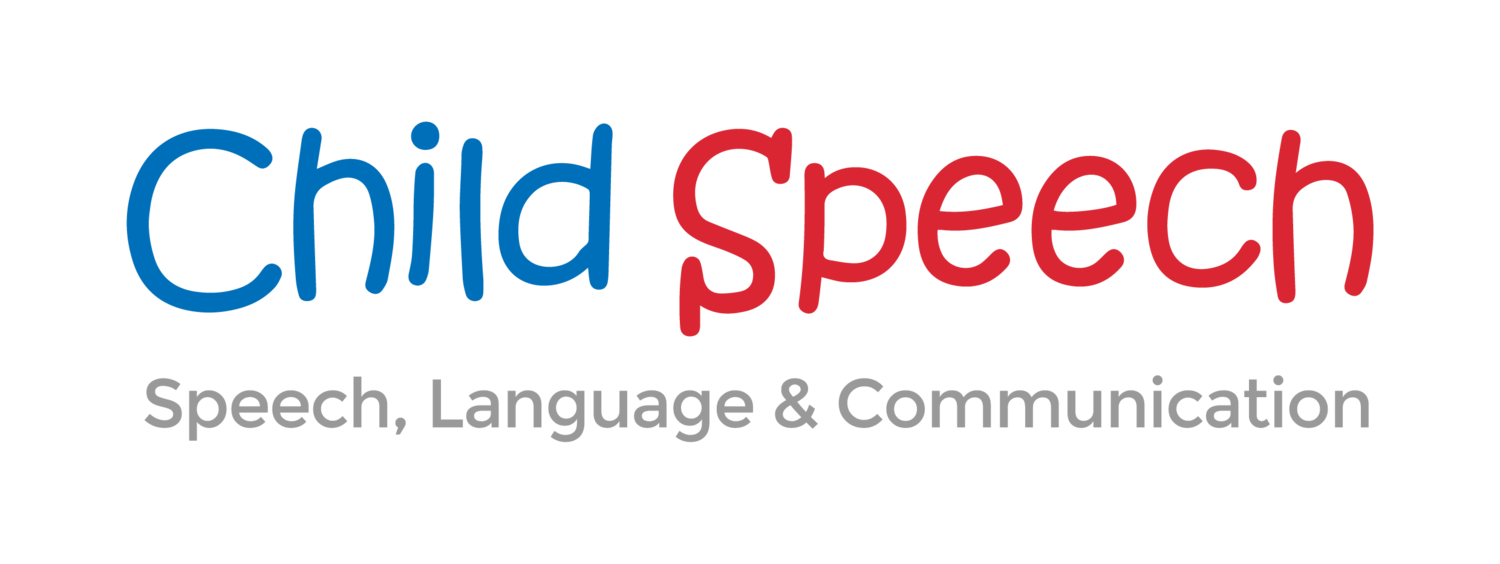Autism spectrum disorder assessments
Autism, or Autism Spectrum Disorder (ASD), refers to a broad range of conditions characterised by challenges with social skills, repetitive behaviours, speech and nonverbal communication. Autism is a spectrum condition and affects people in different ways. Like all people, autistic people have their own strengths and weaknesses. Some of the needs autistic people have are listed below. They may have difficulties with:
Engaging in to and fro conversation (about theirs and others topics of interests).
Understanding, expressing and regulating emotions including ‘meltdowns’ and ‘shutdowns.’
Using nonverbal communication to support communication (for example, they may avoid eye contact and use a reduced range of facial expressions).
Developing and maintaining friendships.
Coping with changes in their routine.
Coping with sensory input, for example they may be overwhelmed by too much noise or find it difficult to wear certain textures of clothes.
Extreme anxiety.
Research shows that there is no single way of describing Autism Spectrum Disorder which is accepted by everyone. However, ‘autistic’ and ‘on the autism spectrum’ are the preferred terms among most autistic adults and families. Autism Spectrum Disorder (ASD) is the official way of describing autism although there is an increasing awareness of autism as a ‘difference’ rather than a ‘disorder’ leading others to use Autism Spectrum Condition.
There is increasing recognition that males and females can camouflage their symptoms, although it appears to be more common among women and girls. This is leading to some people being ‘missed’ because they do not fit a ‘male pattern’ of autism. Please note that our clinicians have expertise in the diagnosis of all presentations of autism.
What about Asperger’s?
As of 2013, when the Diagnostic Statistical Manual (DSM) IV was replaced with the DSM V, Asperger’s is now considered part of the autism spectrum and is no longer diagnosed as a separate condition. The change to the DSM entry for Asperger's has caused some controversy, as those with cognitive and language skills within or above the average range now receive the same diagnosis as those who have difficulties in these areas and may be in need of significant daily support for basic life skills. For clarity, the DSM 5 describes three distinct levels of ASD based on the amount of support a person needs. The new definition of autism describes people as having a severity level between one, two, or three, based on how much support they need. Level one is referred to as "requiring support," level two as "requiring substantial support," and level three as "requiring very substantial support."
What does Autism assessment involve?
Before proceeding with an autism assessment, a free telephone consultation will be held to discuss your current concerns, gain some initial information and determine whether an assessment is appropriate. Should you wish to proceed with the full assessment, appointment dates will be offered within 4 weeks.
Our autism assessments follow National Institute of Clinical Excellence (NICE) guidelines using the ‘gold standard’ autism assessment tools. They consist of at least:
A developmental history (using the Autism Diagnostic Interview Revised) carried out via Zoom to find out about your child’s background, their early development and development milestones, their language acquisition, their current language and communication skills, their social and play development and their interests and behaviours. This appointment can last up to 3 hours.
An observation assessment using the Autism Diagnostic Observation Schedule 2 (ADOS-2) The ADOS-2 is a semi-structured assessment of communication, social interaction and imaginative use of materials designed to elicit behaviours that are directly relevant to a diagnosis of autism. The assessment incorporates the use of pre-planned situations in which a behaviour of a particular type is likely to appear. This can be conducted in your home or at a clinic in Southville, Bristol. The assessment takes around 1-1.5 hours to complete.
Further assessment tools may be used but this will depend on the age of your child, their needs and their presentation. A school observation may also be required.
Following these assessments, a Multi-Disciplinary Team meeting is held where information gathered is reviewed alongside the diagnostic criteria for Autism Spectrum Disorder (Diagnostic Statistical Manual V, DSMV) to determine whether your child’s needs meet the criteria for a diagnosis. Please note that a diagnosis of autism is not guaranteed.
Once the outcome of the assessment has been decided this will be shared with you and a feedback meeting arranged to review the findings of the assessment and to address any unanswered questions. A report is shared containing a description of the information received, the diagnostic outcome and recommendations for support.
Autism Spectrum Disorder assessments following NICE guidelines require the assessment to involve professionals from at least 2 professional backgrounds. Our assessments are completed by Highly Specialist Speech and Language Therapists in autism assessment (Cat Proom and Joy Rondet) and a Clinical Psychologist.
Is a private diagnosis recognised?
There is no legal basis for the NHS or your Local Authority to reject a private diagnosis. Should this happen to you, you would be within your rights to make an official complaint using the appropriate complaints procedure. A privately obtained report is as crucial as an NHS one. If you are advised that a private diagnosis report will be ignored, this is incorrect advice.
Our Assessment
How long does an autism assessment with ChildSpeech take?
We aim to complete all autism assessments within 6 weeks from the first appointment date.
How much does an autism assessment with ChildSpeech cost?
The cost of assessment will vary according to your child’s particular needs and what assessments need to be conducted. The total cost is likely to be around £2000, as it takes considerable time and expertise. This includes face to face ADOS-2 assessment, ADI-R via video call, meeting with a representative from school via video call, diagnosis discussion meeting with Dr Menzies and a feedback meeting via video call. If further assessment is carried out (e.g. school observation or psychiatric assessment) these are an extra cost.
